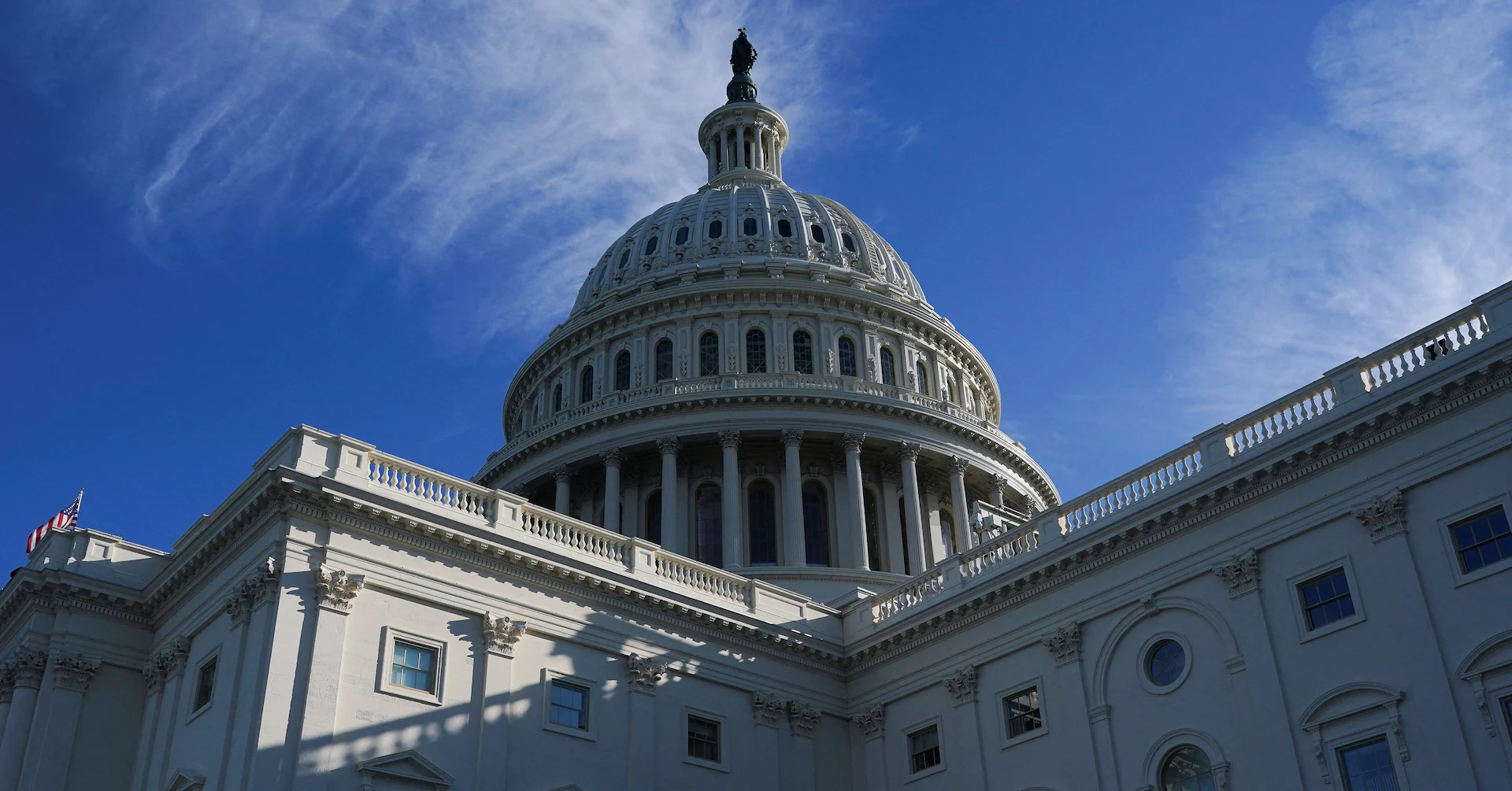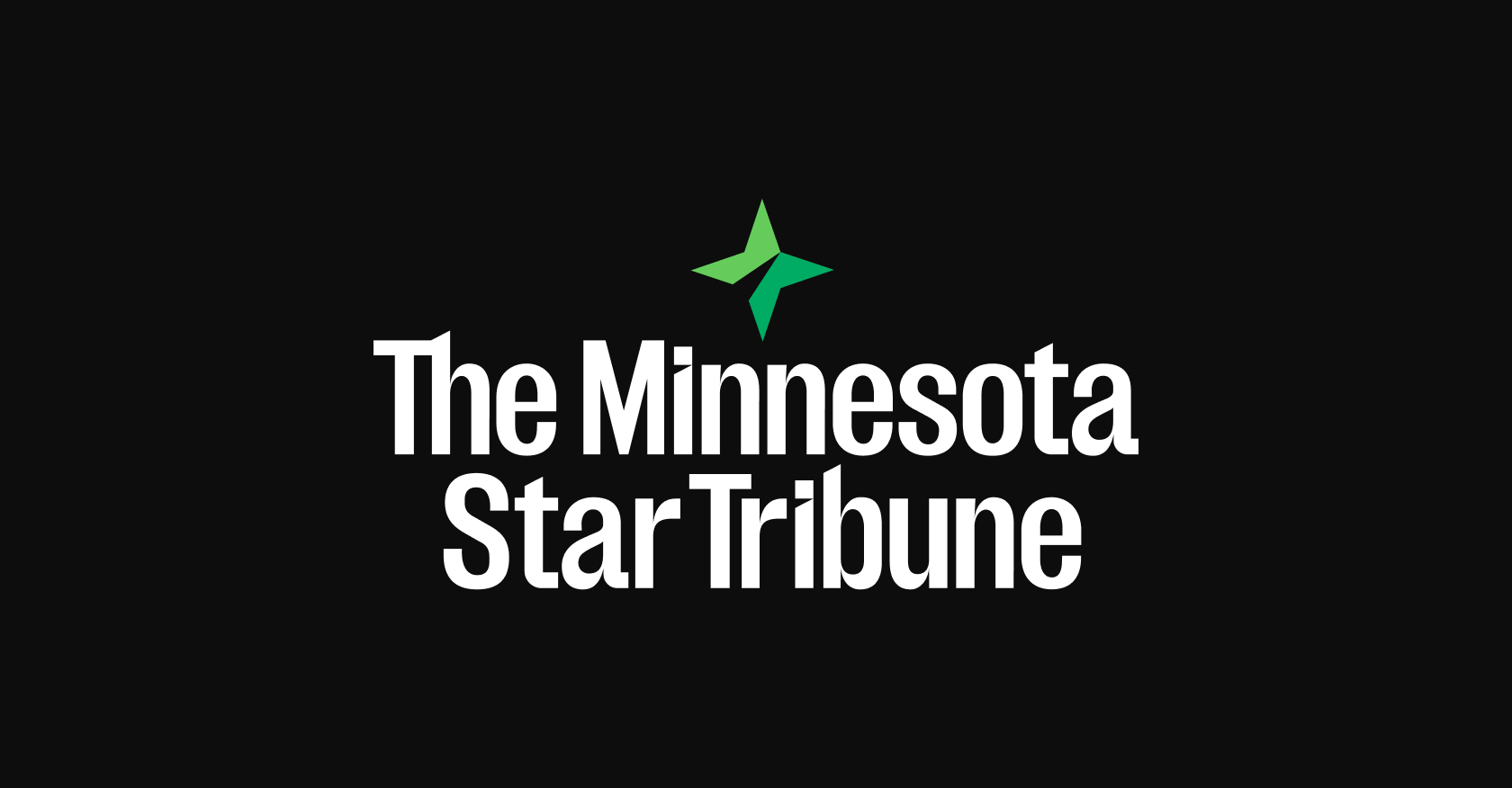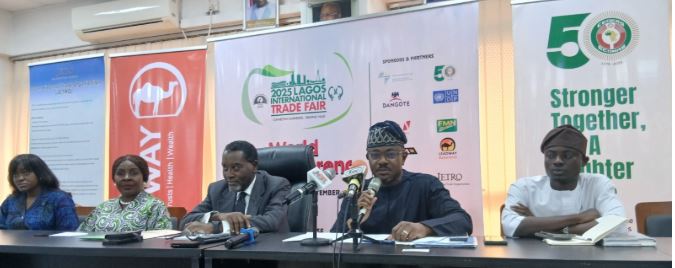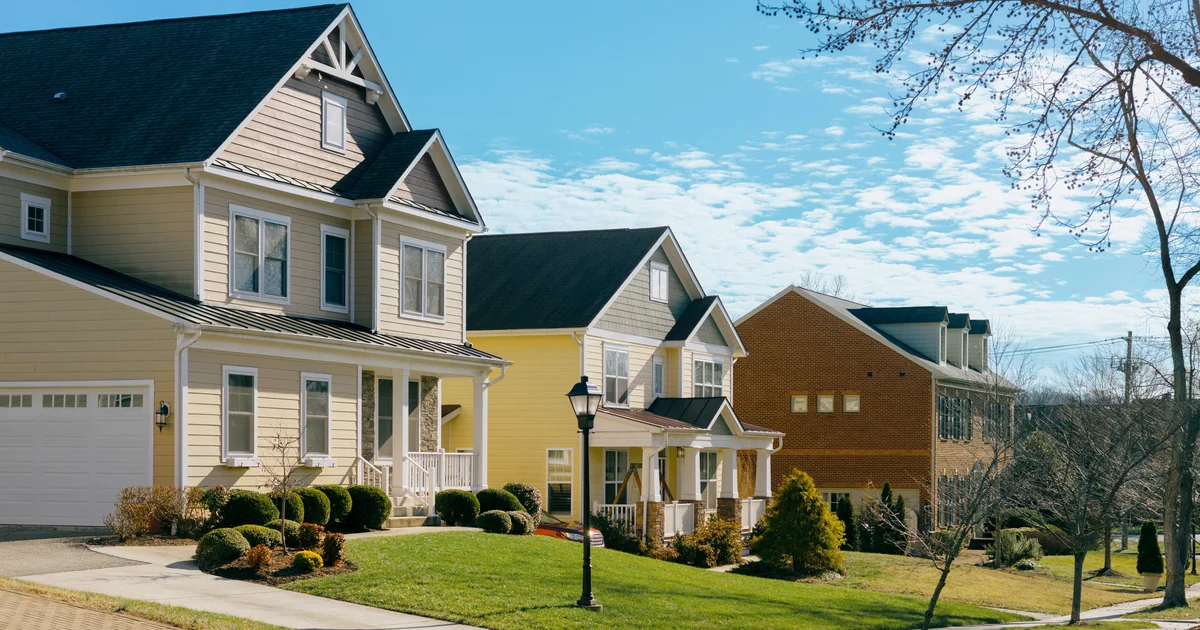
The BDN is profiling Bangor City Council candidates ahead of the election later this year. Read more coverage of the Bangor City Council here, and send questions or ideas for follow-ups to arupertus@bangordailynews.com.
A City Council candidate with a background in communications wants to improve the relationships Bangor’s councilors have with the public and with each other.
Susan Faloon said she was partly motivated to run by what she sees as a tumultuous environment at all levels of government right now.
“We need to get over this transition of things being in turmoil and we need to be able to work together,” she said.
Faloon’s candidacy and her emphasis on relationship-building come as the council is experiencing a period of infighting and frequent conflict. One councilor was censured in August for accusations against a city employee that his colleagues deemed inappropriate, and councilors have opened three different ethics investigations in the last month. The former chair of the council also resigned in September, citing “personal attacks” against her.
Faloon, who resides in the Tree Streets neighborhood and has lived in Bangor for 33 years, has worked in radio and TV news and is now a media liaison for the Maine Public Utilities Commission.
“If you’ve gone to a council meeting recently, you’ve seen there have been some issues,” she said, adding that she believes her career experience will help her communicate effectively with the public and with colleagues on the council.
Faloon named homelessness as the top issue she would prioritize if elected, saying she’s met with the police chief, fire chief, city manager, state legislators and people working in the recovery community in the area to generate ideas for solutions.
She and other City Council candidates have raised concerns about nearby towns sending homeless people to Bangor when the city’s homelessness service sector is already stretched thin.
“We’re here to help people and we don’t want to turn them away, but then that puts a lot of the burden on Bangor taxpayers and Bangor residents as well,” Faloon said.
She believes that the state government should play a role in helping Bangor handle high demand for these services, she said. One possible solution, she noted, could be pushing for the state to provide reimbursement for homelessness services that are provided in Bangor.
Faloon acknowledged that she didn’t have all the solutions to Bangor’s homelessness crisis, saying she was focusing on researching the issue and meeting with people who provide services to the city’s most vulnerable residents.
She also pushed back against claims from other candidates that Bangor’s homeless population is making the city unsafe, saying she thinks these concerns are often more about people’s perception of the city than actual unsafe conditions or risk of violent crime.
“Quite often, it’s not a matter of safety, it’s a matter of just really being uncomfortable,” Faloon said. “If you’ve got people coming into the city and they think they’re not safe, then absolutely that’s still an issue. … We could do a better job of letting people know that we are a safe city.”
Faloon also said she hopes to get more housing built in Bangor through a mix of city-run projects and strategies to make private development easier.
“There are some city properties I think that we could probably utilize,” she said. At the same time, she thinks the housing shortage is too big a problem for the city to manage on its own.
One way to encourage more housing development, Faloon said, would be to look at changing zoning regulations. She said she’d be interested in solutions like tiny houses and a potential mixed use development project at the Bangor Mall. The owners of the mall, which has decayed in recent years, are currently in talks to sell.
Faloon’s campaign materials have emphasized a desire to combat challenges like homelessness and housing availability while remaining fiscally responsible.
“I want to look at, ‘Where can we cut but people aren’t going to go without critical services?” she said, noting that she’s learned from conversations with city officials that many areas of the budget “are pretty lean.”
She also recognized that many residents are concerned about rising property taxes. She said she would consider using surplus money in the city’s reserves to offset property tax increases — but that the city should be cautious about using up too much of its reserves, especially given how federal budget cuts could affect the local level.



